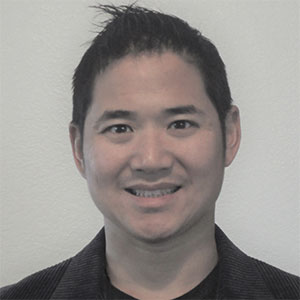“Why is China, which is home to a celebrated ancestral tradition of plant-based medicine (Traditional Chinese Medicine aka TCM), the world’s oldest continuous civilization, and history’s earliest documented pharmacopeia left out from the ethnobotanical study of psychoactive plants?”
A history of psychoactive plants and fungi in Chinese medicine.
“The use of psychedelic plants and fungi holds a storied tradition in 4 of the world’s 5 oldest civilizations (Mesopotamia, Indus Valley, Ancient Egypt, Mayan).”
Transcript Abstract
The use of psychedelic plants and fungi holds a storied tradition in 4 of the world’s 5 oldest civilizations (Mesopotamia, Indus Valley, Ancient Egypt, Mayan). Why is China, which is home to a celebrated ancestral tradition of plant-based medicine (Traditional Chinese Medicine aka TCM), the world’s oldest continuous civilization, and history’s earliest documented pharmacopeia left out from the ethnobotanical study of psychoactive plants? In Richard Schultes and Albert Hofmann’s 1979 magnum opus, Plants of the Gods, only 5 out of the 91 plant and fungi species featured are of East Asian origin, and merely a single paragraph out of 190 pages is dedicated to the plants of China.
In this paper we discuss the reasons for China’s historical exclusion from the ethnopharmacology of psychoactive compounds that are rooted in geopolitical history, cultural anthropology, and cultural psychology, as well as their modern-day implications for psychoactive drug research and development. We will also review the history of ethnopharmacology in China and its heroes: from Shen Nong (神农), the venerable father of agriculture who created the 1st documented pharmacopeia in 2700 BCE, leading to the early shamanistic use of psychoactive plants for medicinal purposes, such as 附子 (Aconitum fischeri) and 狼毒 (Aconitum lycoctonum); to Ge Hong (葛洪) the renowned 4th Century philosopher and alchemist who espoused the ingestion of herbal medicines such as 零芝 (“spirit mushroom”) in the pursuit of immortality, as documented in his prolific writings on Taoism.

